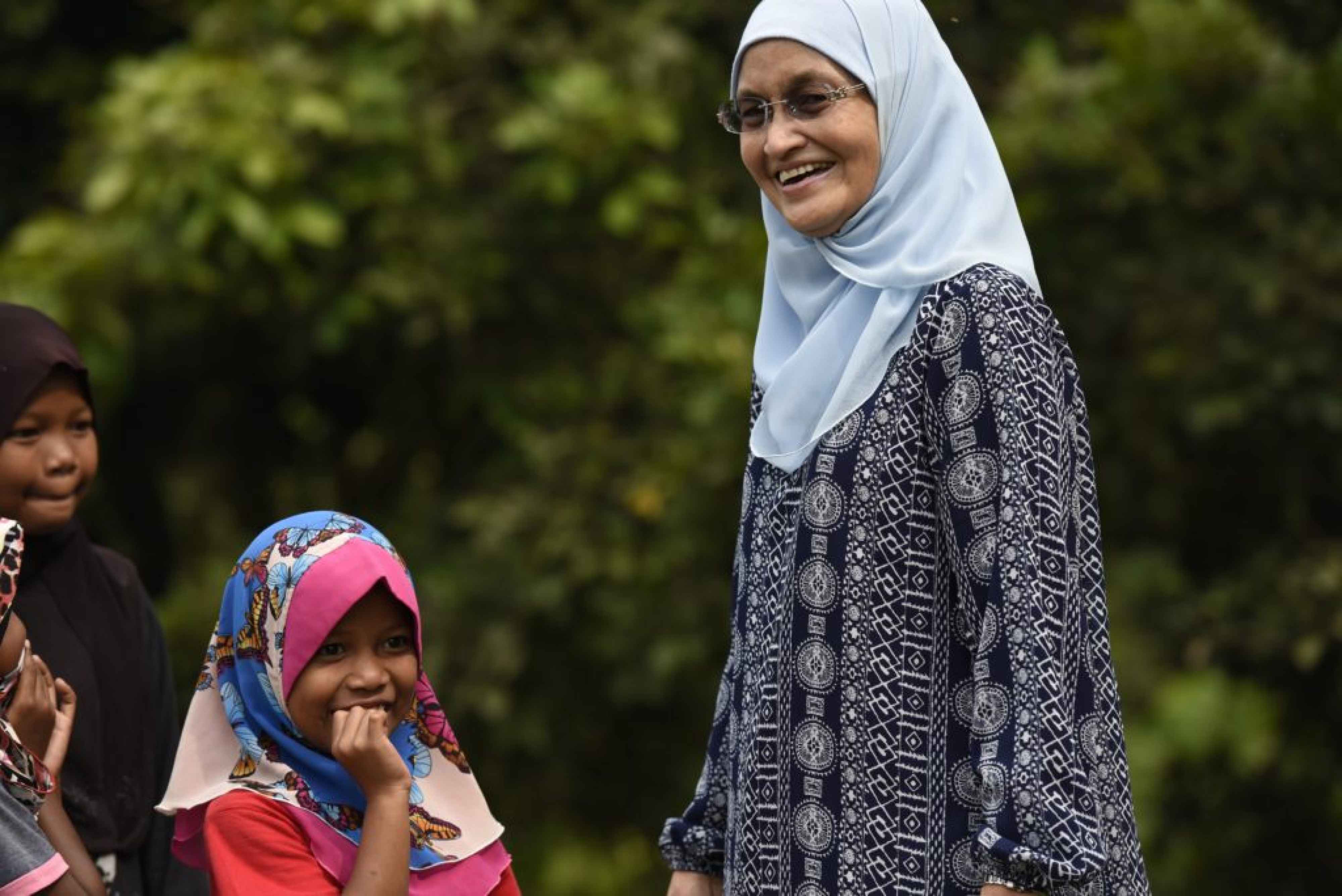
Professor Zalina Ismail (BNg(PostReg) ’96) is running a six-year research program into neurological function, assessing cognitive and academic capabilities of Orang Asli children – the Indigenous people of Malaysia – compared with children from urban areas.
Around three hours from Professor Ismail’s Kota Bahru home, in the thick jungle of Malaysia’s Belum-Temengor area, immediately adjacent to the Thai border, an estimated 60,000 Orang Asli live precariously close to oblivion.
In the process of developing her research, Professor Ismail has also developed the First Mile program – developing first aid, welfare and human rights initiatives in collaboration with the Indigenous community.
Results from cognitive assessments conducted via Professor Ismail’s Brain Network will be used to inform curriculum development for Indigenous schools, but undoubtedly the largest challenge for the First Mile project is engaging in a “biorace”.
Bioprospecting holds great promise and also great profits for pharmaceutical companies – sending 21st century explorers into remote areas to find plants previously unknown to the wider world that have powerful medicinal value.
The promise of new medicines from ancient vegetation is exciting, but frequently ignores the value of traditional medical knowledge of Indigenous peoples.
‘Biologists come here frequently to try to find plants with medicinal qualities, but they largely ignore the local people and if they find something, they patent it – with no recognition or value passed to the Orang Asli.’
‘At the same time, the rainforest is shrinking in size due to logging and development, so there is a race to prove the Orang Asli’s knowledge of specific plants so they can receive benefits from commercialisation of what is rightfully theirs.’
In between her work, her project leadership and her advocacy, the indefatigable Professor Ismail is also on the brink of completing a Master of Medical Law to help her prevail in the biorace.

